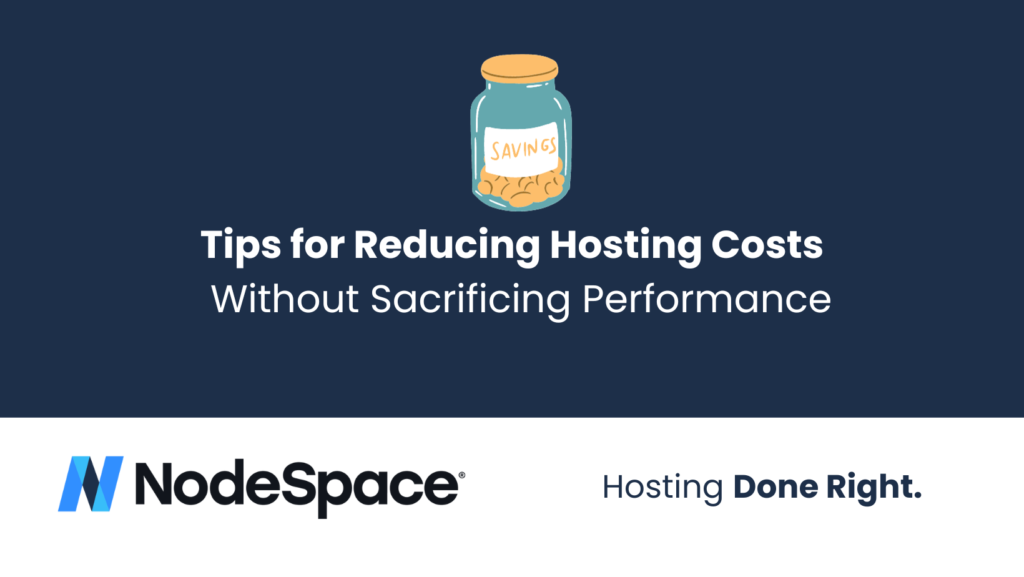In today’s digital landscape, having a reliable and efficient online presence is crucial for any business or individual project. However, the cost of web hosting can be a significant expense, especially for startups, small businesses, and individuals. Fortunately, there are numerous strategies to reduce hosting costs without compromising on the quality or performance of your website. This blog post will explore various budget-friendly hosting solutions and offer practical advice on how to balance cost with quality.
1. Understand Your Hosting Needs
Assess Your Requirements:
Before searching for a hosting solution, it’s essential to understand your specific needs. Consider factors like your website’s size, traffic volume, and the complexity of your applications. For a small, low-traffic site, a basic shared hosting plan might suffice, while larger sites with high traffic may require more robust solutions like VPS or dedicated hosting.
Plan for Scalability:
Choose a hosting provider that offers scalable solutions. This way, you can start with a smaller, less expensive plan and upgrade as your website grows, ensuring you only pay for the resources you need.
2. Choose the Right Hosting Type
Shared Hosting:
Shared hosting is the most cost-effective option, where multiple websites share resources on a single server. It’s ideal for small websites or blogs with low to moderate traffic.
Virtual Private Server (VPS) Hosting:
VPS hosting offers a middle ground between shared and dedicated hosting. It provides better performance and customization than shared hosting but at a lower cost than dedicated servers.
Cloud Hosting:
Cloud hosting is scalable and flexible, allowing you to pay only for the resources you use. This can be a cost-effective solution for websites with fluctuating traffic.
3. Opt for Longer Contract Terms
Many hosting providers offer significant discounts for longer contract terms. Consider committing to a one or two-year plan instead of paying month-to-month, as this can lead to substantial savings over time.
4. Monitor and Optimize Resource Usage
Regular Monitoring:
Keep an eye on your resource usage. Regular monitoring can help you identify and address inefficiencies, ensuring you’re not paying for unused or unnecessary resources.
Optimize Website Performance:
Optimizing your website can reduce resource consumption. This includes compressing images, minimizing CSS and JavaScript files, and utilizing caching.
5. Utilize Free Tools and Applications
Open-Source Software:
Take advantage of open-source software for your website. Platforms like WordPress offer powerful features without added costs.
Free Plugins and Themes:
Many free plugins and themes can add functionality and design to your site without the need for expensive custom development.
6. Choose a Reliable Hosting Provider
Research and Compare:
Do thorough research and compare hosting providers. Look for companies with a strong reputation, reliable uptime, and positive customer reviews.
Customer Support:
Good customer support can save you money in the long run by quickly resolving issues and minimizing downtime.
7. Be Wary of Unnecessary Add-Ons
Hosting packages often come with optional add-ons. Be selective and only choose those that are truly beneficial for your website. Avoid unnecessary extras that can inflate costs.
8. Use Content Delivery Networks (CDNs)
CDNs can improve website performance by distributing content across multiple servers globally. This can reduce the load on your primary server and improve user experience, potentially allowing for a cheaper hosting plan.
9. Regularly Review and Adjust Your Plan
The web hosting landscape is dynamic, with new technologies and pricing models emerging regularly. Review your hosting plan periodically and adjust it based on your current needs and the latest market offerings.
10. Consider Reseller Hosting
If you manage multiple websites, consider reseller hosting. It allows you to purchase hosting resources in bulk at a discounted rate and then redistribute them among your sites.
Conclusion
Reducing hosting costs while maintaining performance is a balancing act. By understanding your needs, choosing the right hosting type, utilizing free resources, and being mindful of your resource usage, you can find a hosting solution that is both cost-effective and reliable. Remember, the cheapest option isn’t always the best in the long term. Focus on finding a solution that offers the best value for your specific needs and budget.



